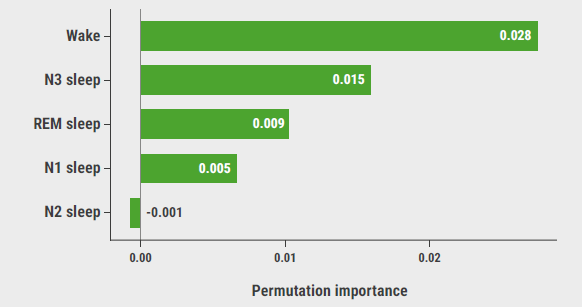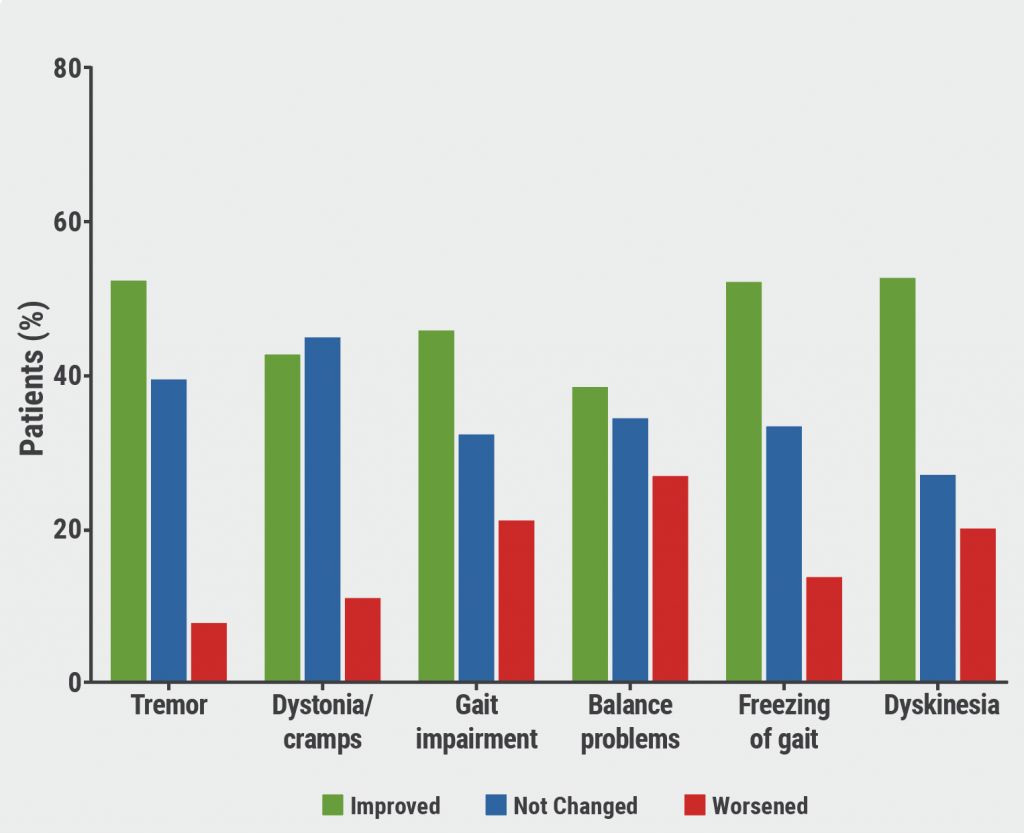Median overall survival was 18.5 months in the standard care group versus 25.0 months with the test treatment, a combination of sodium phenylbutyrate and taurursodiol (aka tauroursodeoxycholic acid) (P=0.023). The oral drug is also known as PB-TURSO.
People diagnosed with ALS typically die within 2 or 3 years, usually from respiratory failure.
The results are published in the journal Muscle & Nerve.
The Amylyx-financed trial was done at 25 centers in the U.S.
Earlier results published last month by the New England Journal of Medicine showed that the drug could significantly, although not dramatically, slow the progression of the fatal illness, at least by one measure. The new report directly documents an improvement in survival.
In the study, 89 patients received the experimental treatment and 48 took a placebo. Treatment began within 18 months from onset of symptoms.
Volunteers were initially followed for 24 weeks and many continued taking riluzole and/or edaravone, the only two treatments approved by the U.S. Food and Drug Administration for ALS. At that point, 90 volunteers began taking AMX0035 in an open-label extension of the study.
They were eligible to receive the drug for up to 30 months. Those assigned to AMX0035 were exposed to it for a mean of 10.6 months; the average length of exposure was 4.7 months in the placebo group.
The median follow-up was 21.3 months but one volunteer was followed for 35 months.
The estimated probability of survival at 24 months was 51.6% in the group originally assigned to AMX0035 therapy and 33.9% in the placebo group.
The results appeared to be independent of the drugs the patients were taking before or during the trial.
The drug mitigates mitochondrial dysfunction and endoplasmic reticulum stress, two possible contributors to ALS.
By Reuters Staff
SOURCE: https://bit.ly/3lPAFar Muscle & Nerve, online October 16, 2020.
Posted on
Previous Article
« Telemedicine could help rural patients with dementia Next Article
Music training tied to improved attention and working memory in kids »
« Telemedicine could help rural patients with dementia Next Article
Music training tied to improved attention and working memory in kids »
Related Articles


August 18, 2021
Levodopa-carbidopa intestinal gel in patients with advanced PD

August 27, 2019
Biomarkers and how to use them
© 2024 Medicom Medical Publishers. All rights reserved. Terms and Conditions | Privacy Policy

